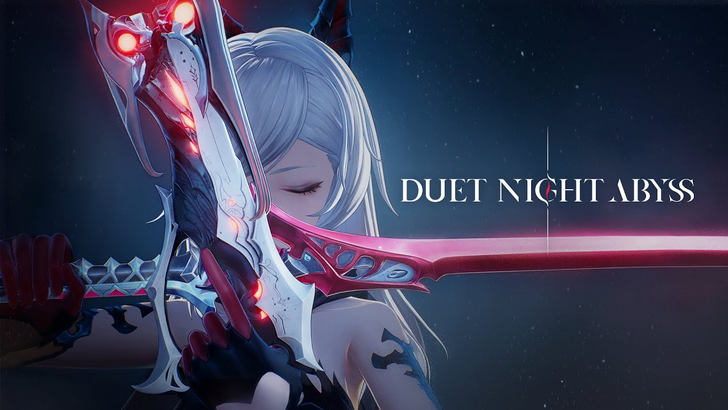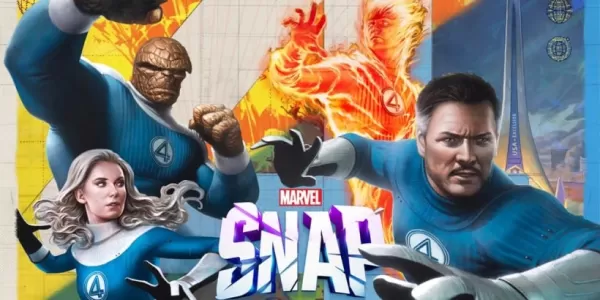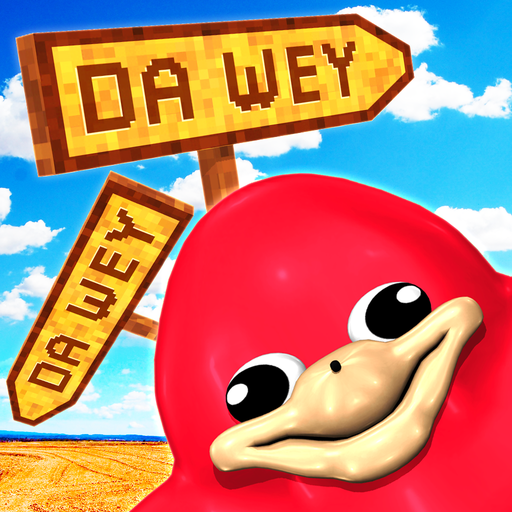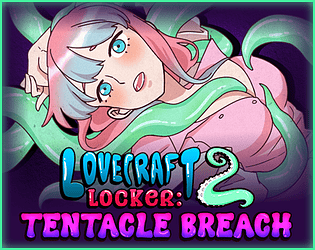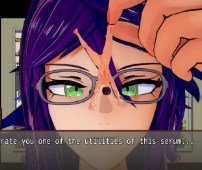Marvel's Fantastic Four: A Timeless Legacy and the Promise of "First Steps"
The Fantastic Four, Marvel's First Family, have held a prominent place in superhero lore for over six decades. Their enduring appeal stems from a unique blend of extraordinary abilities, compelling family dynamics, and relatable human flaws. A recent trailer for "Fantastic Four: First Steps" offers a tantalizing glimpse into Marvel Studios' latest interpretation of this iconic team.
The film, set against a stylish retro-futuristic backdrop reminiscent of the 1960s, introduces a stellar cast: Pedro Pascal as Reed Richards/Mr. Fantastic, Vanessa Kirby as Sue Storm/Invisible Woman, Joseph Quinn as Johnny Storm/Human Torch, and Ebon Moss-Bachrach as Ben Grimm/The Thing. Their challenge? Balancing family life with the immense responsibility of protecting Earth from formidable threats like Galactus (Ralph Eienson) and his enigmatic herald, the Silver Surfer (Julia Garner).
This adaptation promises a fresh, energetic take on the Fantastic Four's legacy, seamlessly weaving thrilling action sequences with emotionally resonant moments that underscore the strength of familial bonds. Let's delve into their origins to understand the enduring power of this team.
 Image: marvel.com
Image: marvel.com
The Fantastic Four's Genesis: A Creative Spark and a Genre-Defining Moment
Despite occasional dips in popularity (such as the period between 2015 and 2018), the Fantastic Four remain a cornerstone of Marvel Comics. Their resurgence is partly due to the innovative work of writers like Alex Ross. But how did this legendary quartet emerge?
In 1961, Stan Lee, feeling creatively stagnant, sought inspiration from his wife, Joan. Simultaneously, Marvel publisher Martin Goodman, aware of DC Comics' successful Justice League, tasked Lee with creating a superhero team. Instead of imitation, Lee, collaborating with artist Jack Kirby, forged a groundbreaking concept.
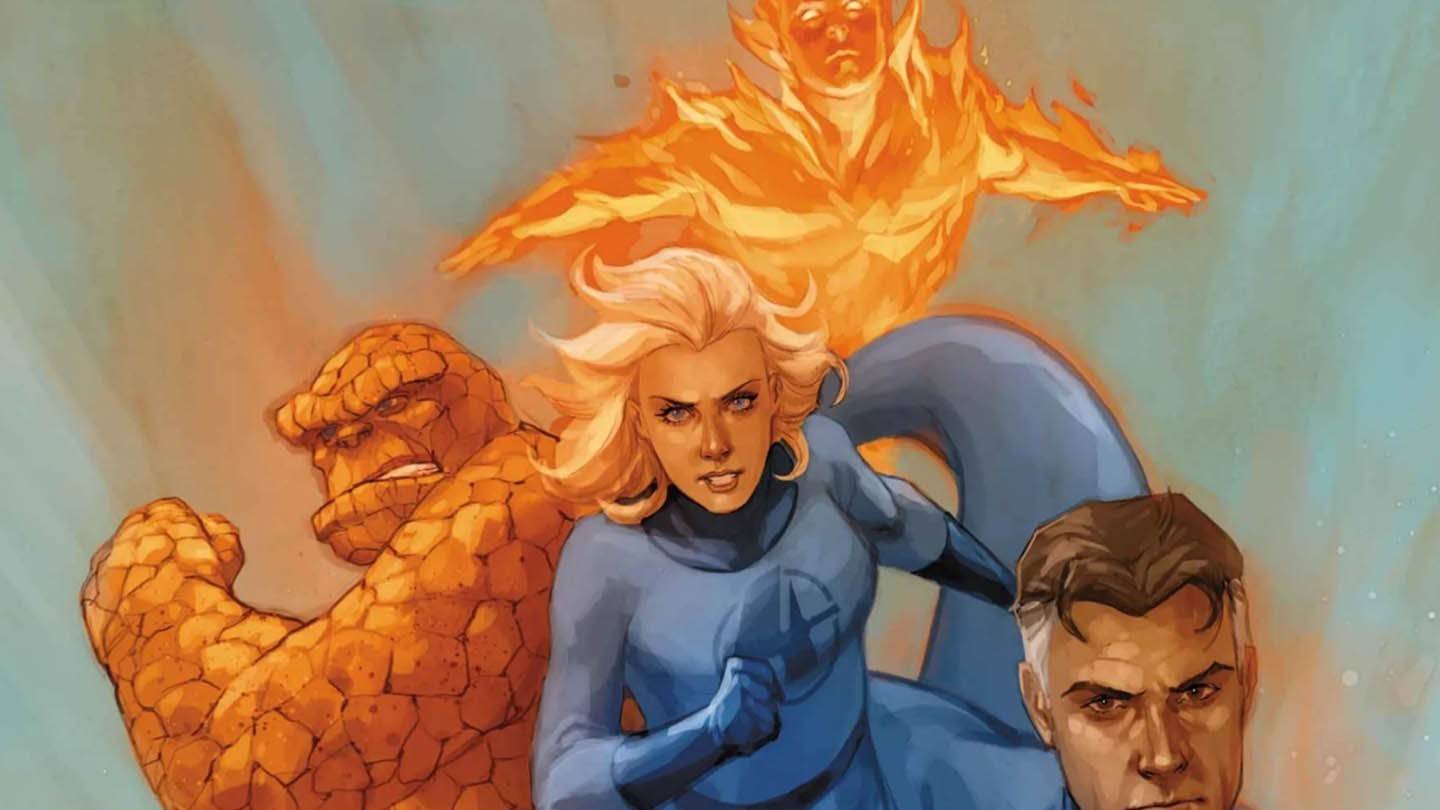 Image: marvel.com
Image: marvel.com
Breaking the Superhero Mold: Humanity at the Forefront
Lee envisioned a team of flawed, relatable heroes, each with unique personalities: the brilliant but sometimes detached Reed Richards, the capable and independent Sue Storm, the impulsive Johnny Storm, and the gruff but loyal Ben Grimm, whose transformation into the Thing profoundly impacted his identity. Kirby's artistic vision was instrumental in shaping their iconic appearances, particularly the Thing's memorable design.
"Fantastic Four: First Steps" and the Echoes of the Original Comic
The plot of "Fantastic Four: First Steps" draws inspiration from the very first Fantastic Four comic.
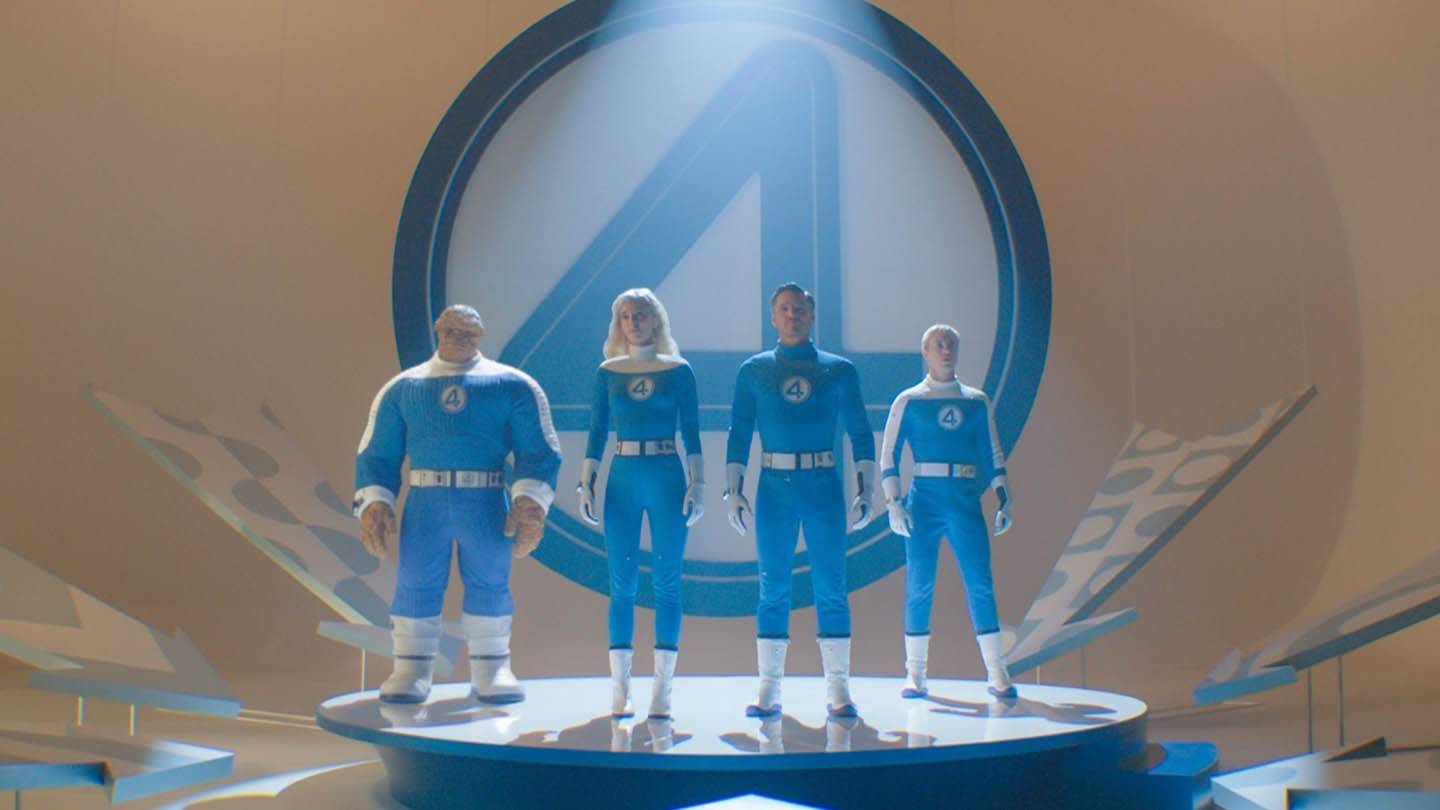 Image: marvel.com
Image: marvel.com
Fantastic Four #1 (August 1961) introduced a revolutionary narrative structure. Instead of traditional exposition, the story begins mid-action, gradually revealing the characters' backstories and adding layers of suspense. The pivotal space mission, driven by Cold War anxieties and Reed's ambition, exposes the team to cosmic rays, granting them their powers. Their first mission against the Mole Man showcases their teamwork and ingenuity.
 Image: ensigame.com
Image: ensigame.com
The enduring impact of Fantastic Four #1 lies in its portrayal of relatable characters and dynamic interactions, setting a new standard for Marvel's storytelling style.
The Fantastic Four in the Modern Marvel Universe
The Fantastic Four continue to evolve within the Marvel Universe. Recent comics, such as the series by Ryan North and Iban Coelho, offer a blend of humor, action, and drama, exploring themes like social acceptance. While past interpretations have received mixed reactions, their importance within the broader Marvel narrative remains undeniable. Their involvement in events like "Devil's Reign" and Doctor Doom's ongoing schemes underscore their significance.
 Image: marvel.com
Image: marvel.com
The Enduring Power of the Fantastic Four
From their debut in Fantastic Four #1 to their upcoming cinematic return, the Fantastic Four embody the enduring appeal of Marvel's storytelling. Their complexity, vulnerability, and familial bonds transcend typical superhero narratives. "Fantastic Four: First Steps" promises to introduce these timeless characters to a new generation, highlighting the enduring power of unity, resilience, and love. As long as these values resonate, the Fantastic Four will continue to captivate audiences.

